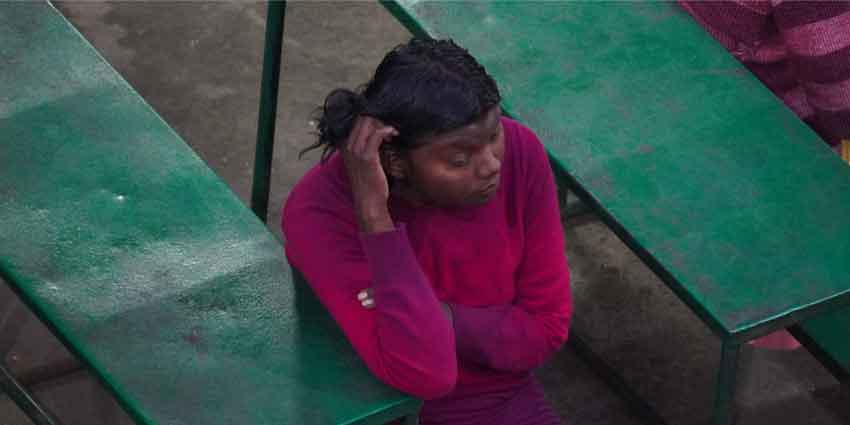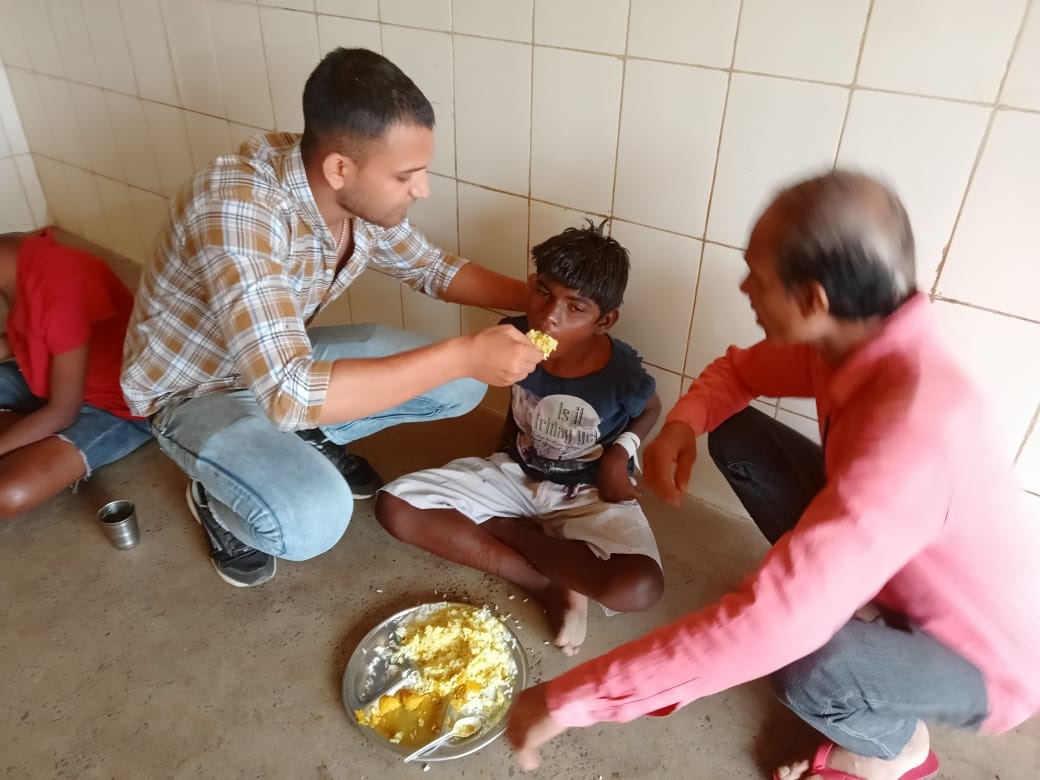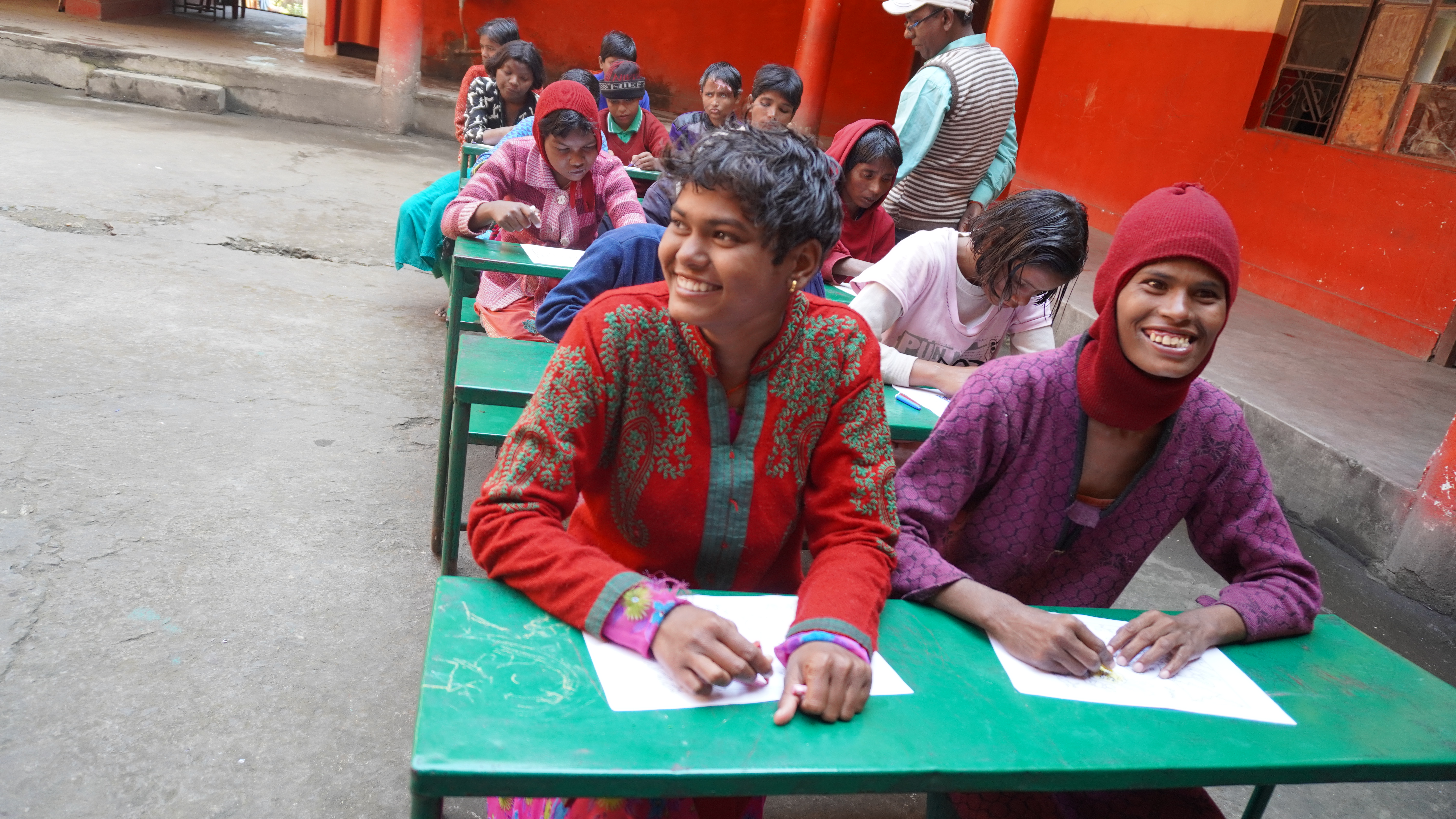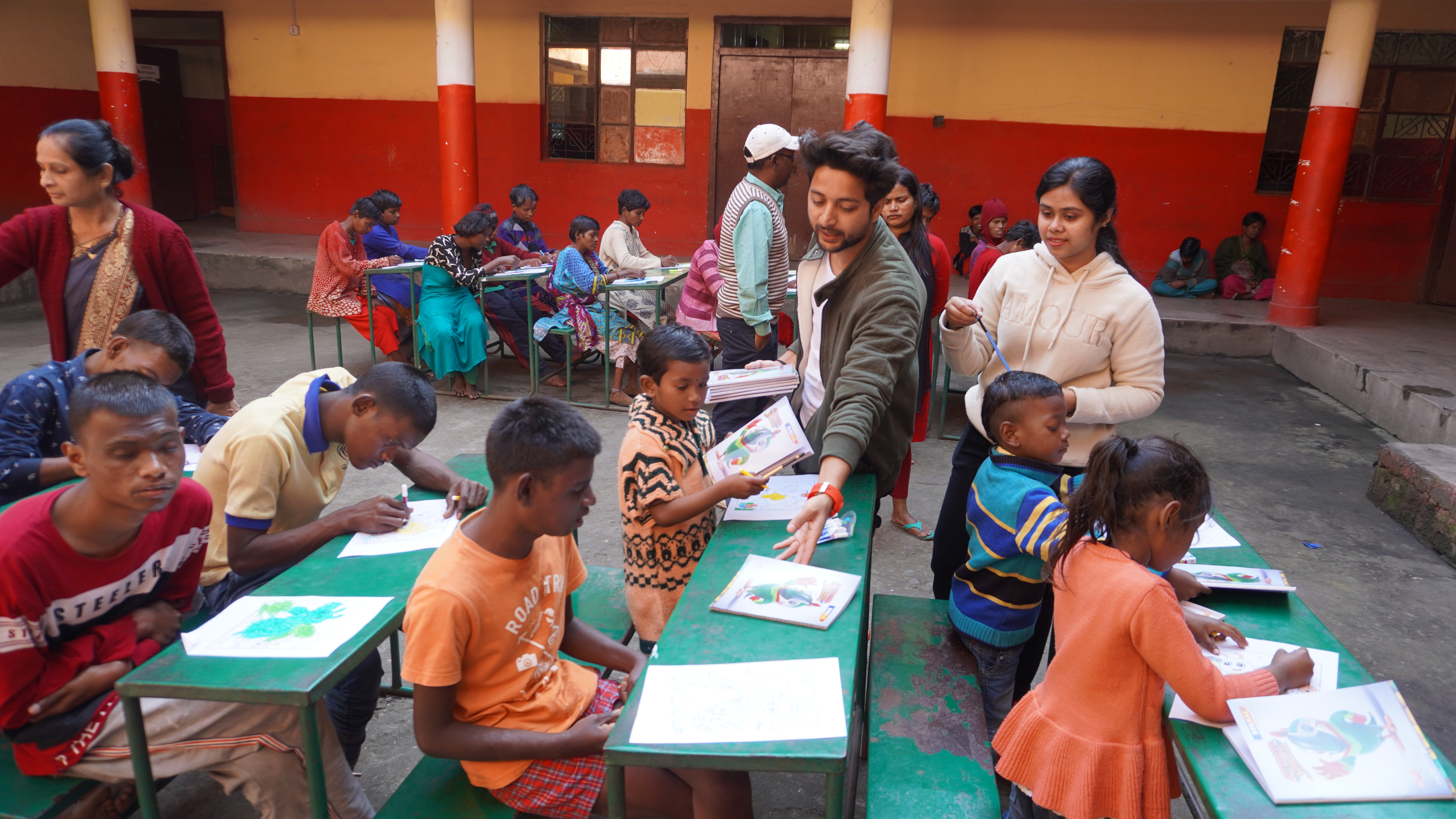The quality of the education system in India is a topic of much discussion and debate. While India has made significant progress in expanding access to education, especially at the primary level, there are several challenges that impact the overall quality of education. Some key aspects include:
1.) Infrastructure and Resources: Many schools in India lack adequate infrastructure, such as classrooms, libraries, laboratories, and sanitation facilities. Additionally, there is often a shortage of qualified teachers, teaching materials, and modern technology.
2.) Curriculum and Pedagogy: The curriculum in Indian schools is often criticized for being outdated and not aligned with the needs of the 21st century. There is a need for a more dynamic and flexible curriculum that focuses on critical thinking, problem-solving, creativity, and practical skills rather than rote memorization.
3.) Teacher Quality: The quality of teaching is crucial for the overall quality of education. However, there are challenges related to teacher training, recruitment, and motivation. Many teachers lack proper training and support, leading to ineffective teaching practices.
4.) Assessment and Examination System: The emphasis on high-stakes examinations, such as board exams and entrance tests, creates a culture of rote learning and exam-oriented teaching. There is a need to shift towards a more holistic assessment system that evaluates students’ overall development and skills.
5.) Inequality and Access: Despite efforts to promote inclusive education, there are still significant disparities in access to quality education, particularly among marginalized communities, rural areas, and girls. Addressing these disparities requires targeted interventions and investments in infrastructure, scholarships, and community engagement.
6.) Education Financing: Adequate funding is essential for improving the quality of education. However, the education sector in India often faces budget constraints, leading to underinvestment in critical areas such as teacher training, infrastructure development, and educational technology.
Overall, while there have been efforts to reform the education system in India, there is still much room for improvement to ensure that all children receive a high-quality education that equips them with the knowledge, skills, and competencies needed to succeed in the modern world.












